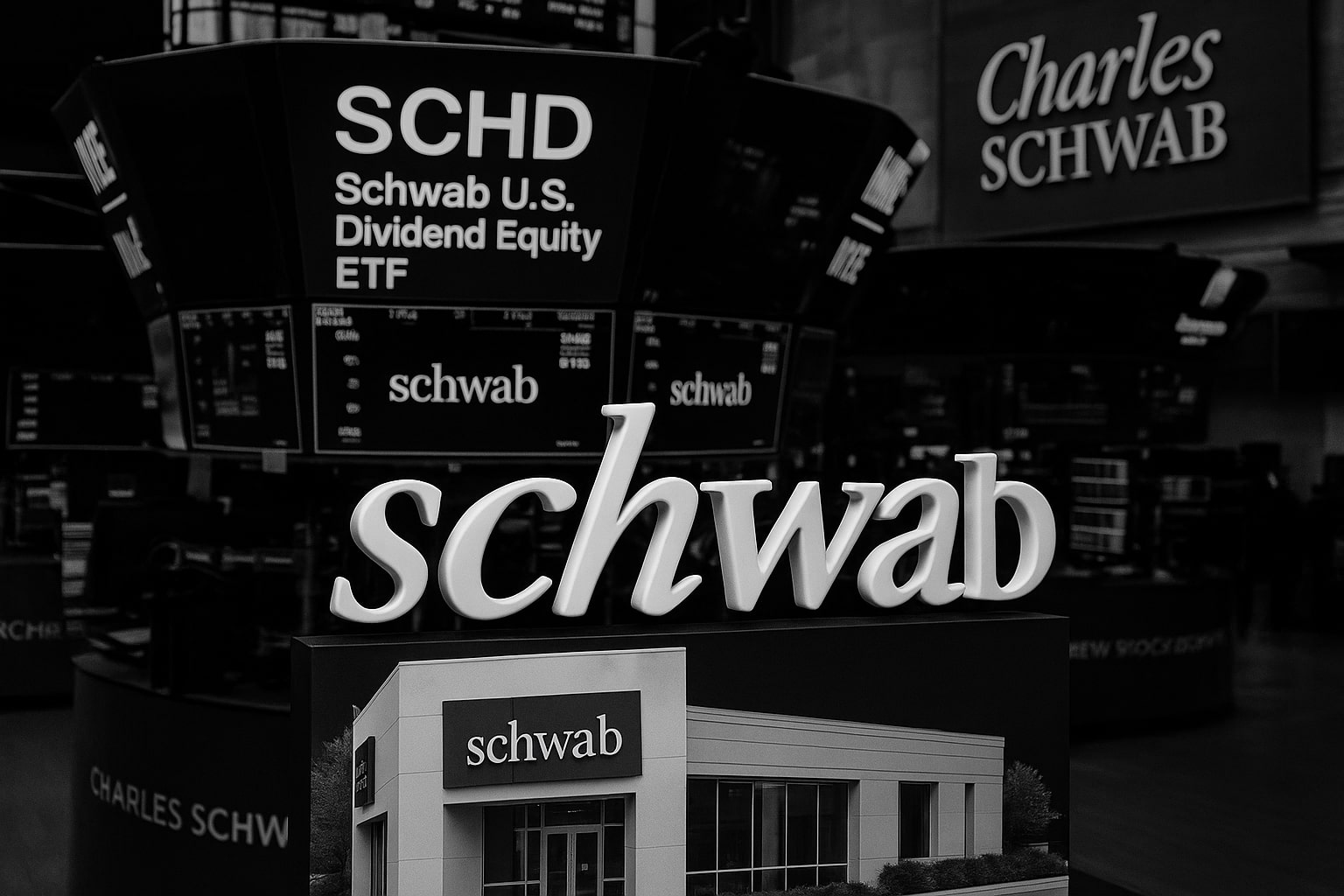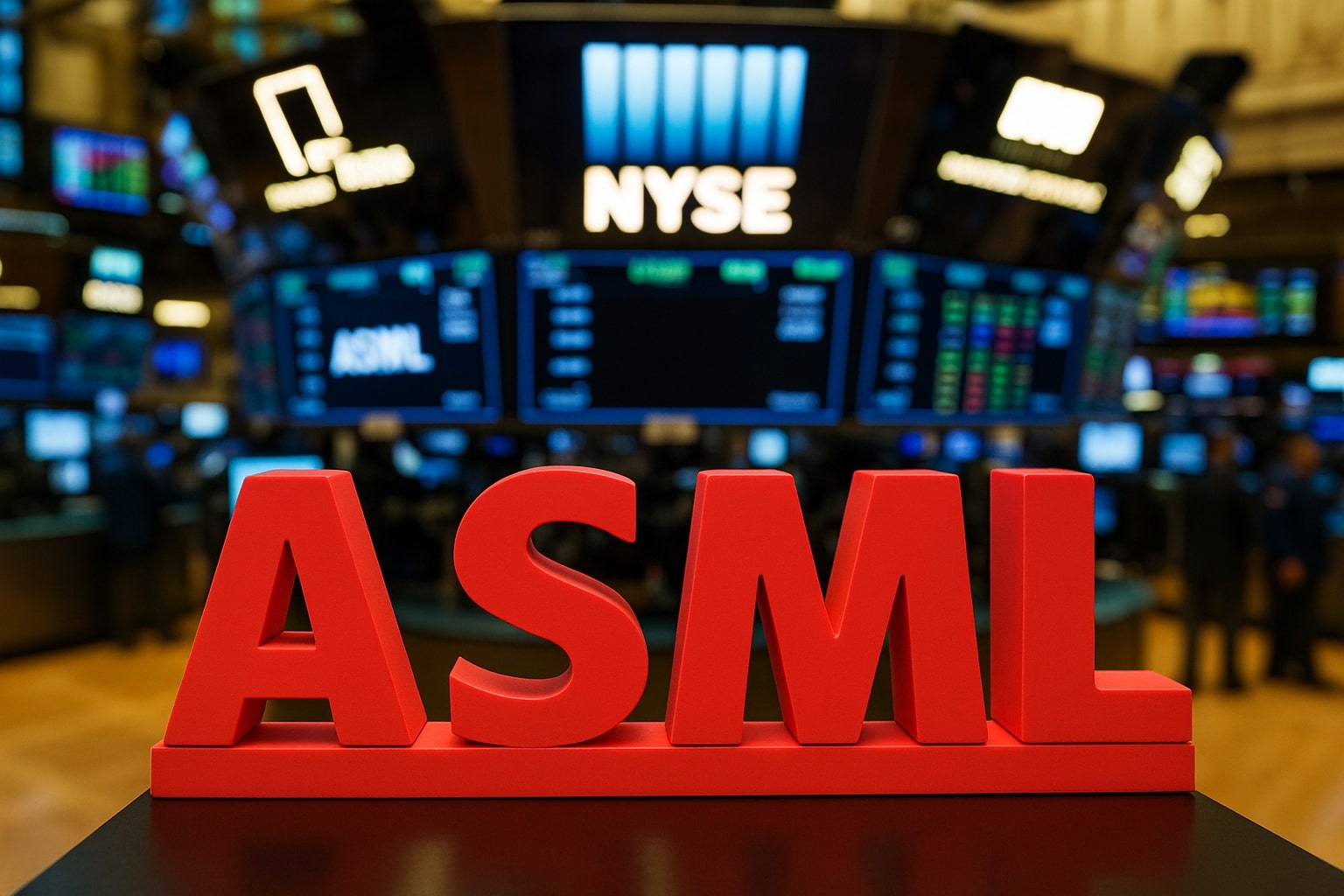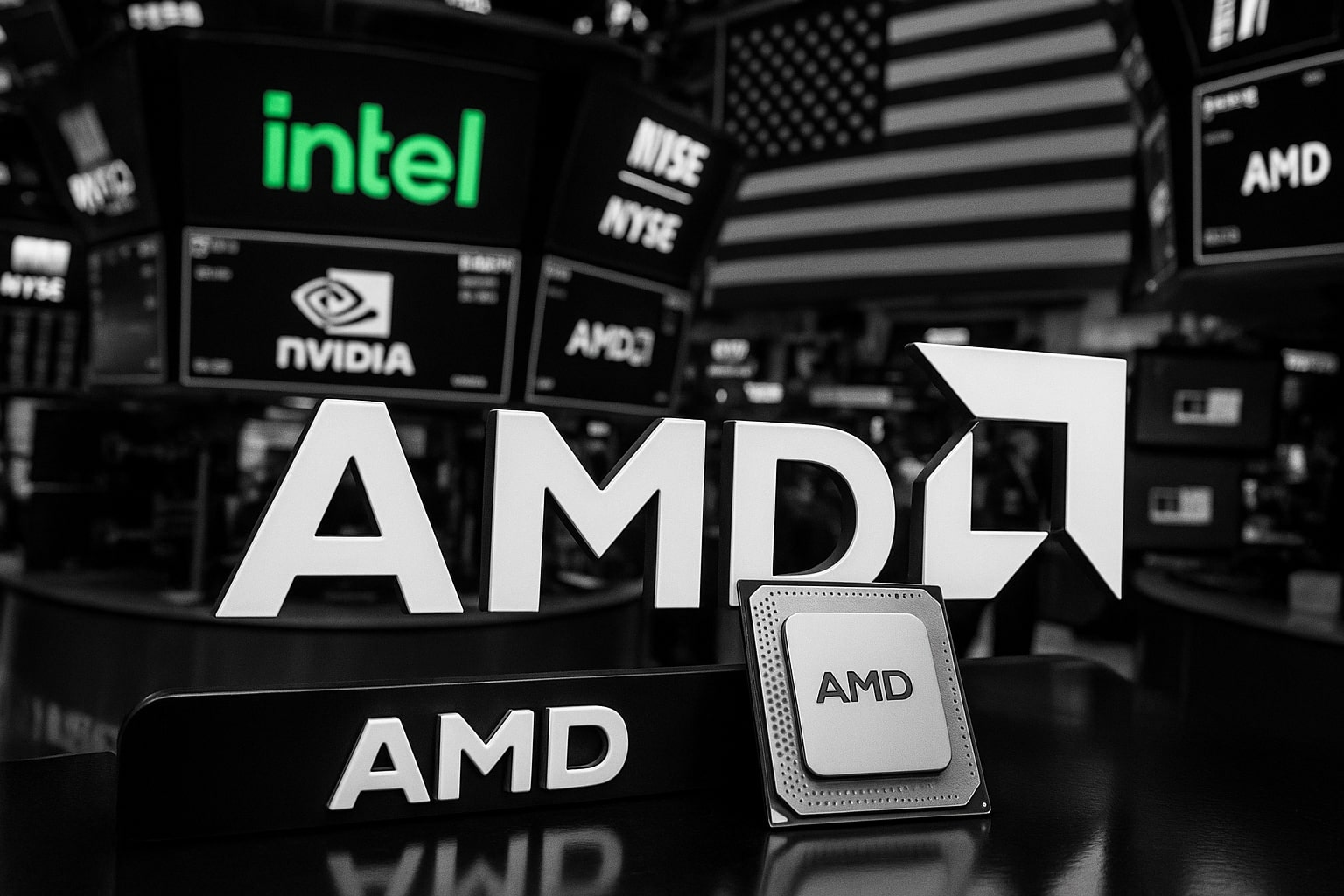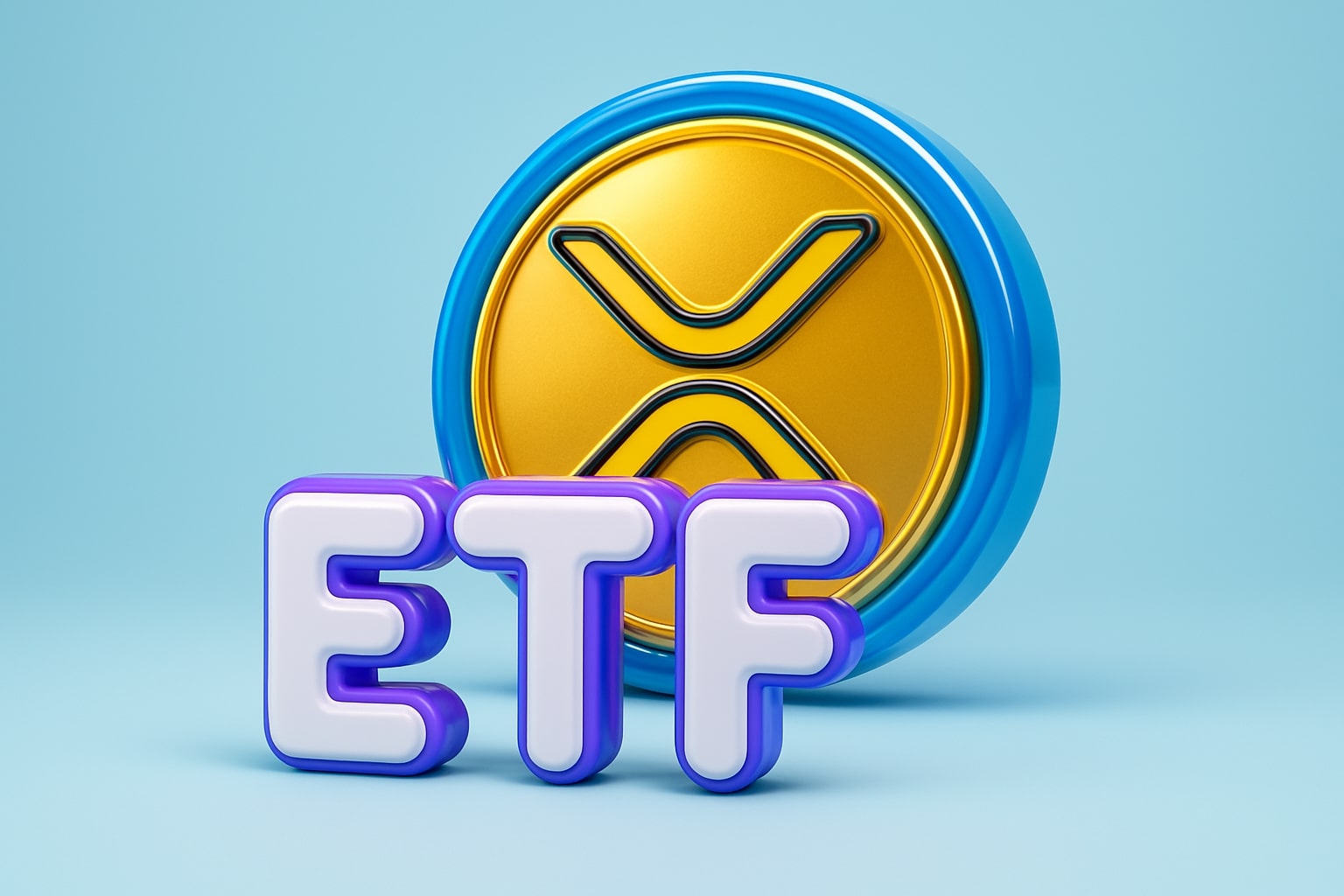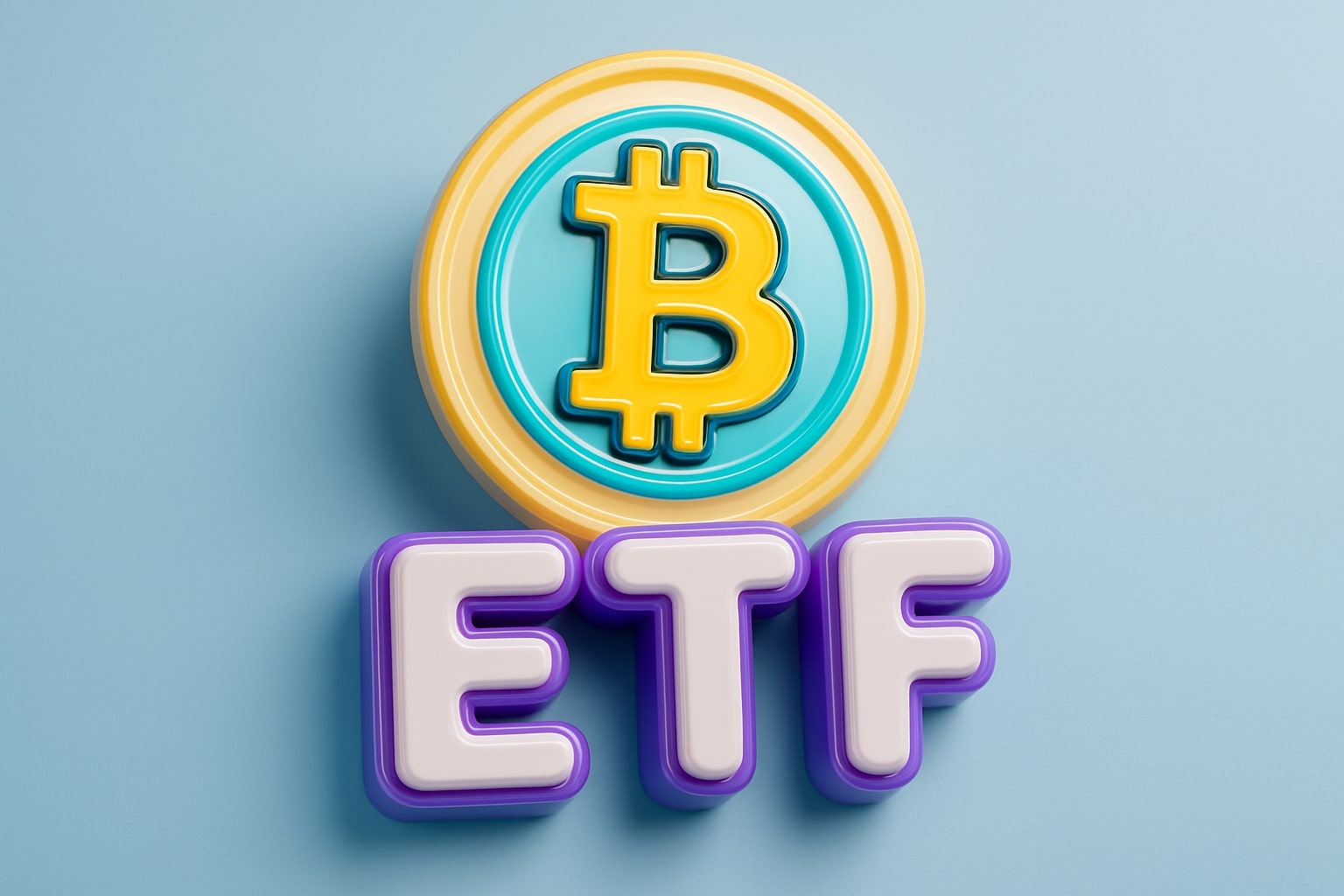
Mitsubishi & Trading Houses Hike Shareholder Returns on Soaring Profits
Dividends and Share Buybacks Rise as Companies Capitalize on Booming Commodity and Energy Markets
Mitsubishi Corp. has announced plans to buy back up to 6% of its shares for 300 billion yen ($2.2 billion), following in the footsteps of other commodity-exposed Japanese companies that are rewarding shareholders after reporting significant profits. The buyback program will take place from May 10 through the end of the year, with Mitsubishi retiring all the repurchased shares on Jan. 31. The company has seen a 62% increase in profit from its natural gas operations, and other Japan-based firms with exposure to commodities are also using the proceeds of last year's surge in energy prices to carry out buyback programs.
Shares of Sumitomo Corp. rose after announcing its own stock buyback, while Tokyo Gas Co. and Mitsui & Co. have unveiled similar plans since February. These trading companies, known as "sogo shosha" in Japan, have a diverse range of businesses, including stakes in commodity projects overseas. They have benefited from a surge in energy prices and a weaker yen, as well as renewed backing from Berkshire Hathaway Inc.
Mitsubishi and Sumitomo Corp. both reported record net profits for the year ended in March, jumping 26% to 1.2 trillion yen ($8.9 billion) and 22% to 565 billion yen respectively. While Itochu Corp. saw a 2.4% decline in profit to 800 billion yen due to reduced demand and higher costs in its food businesses amid rising inflation, the result was still its second-best ever.
All three trading houses increased dividends in the past financial year and signaled further hikes this year. Mitsubishi, for instance, intends to raise its annual dividend to 200 yen a share, an 11% increase from the previous year and a 33% increase over two years. Mitsubishi's CEO, Katsuya Nakanishi, stated that the company is aiming for a total payout ratio of 40% this business year, up from its prior target of 30% to 40%. Sumitomo plans to buy back up to 1% of its shares, while Itochu is considering "additional shareholder returns" if it revises up its profit outlook during the year.
Japanese companies have been under pressure from the government and shareholders to enhance returns and corporate governance. Sumitomo's unexpected dividend hike led to a 6.7% increase in its shares, with Itochu's stock finishing up 3%. Mitsubishi gained 2% after reporting its earnings. For the current business year, Mitsubishi, Sumitomo, and Itochu all anticipate smaller profits due to weaker oil and metal prices, along with a lower contribution from trading. They forecast declines of 22%, 15%, and 2.6% in net profit, respectively.
In other news, Mitsubishi UFJ Kokusai Asset Management Co. Ltd. increased its position in Robert Half International Inc. by 19%, as revealed in the company's most recent 13F filing with the Securities & Exchange Commission. By the end of the fourth quarter, Mitsubishi UFJ Kokusai owned 80,144 shares, valued at $5,898,000.
Robert Half International, a reputable business services provider, has also announced its Board of Directors' decision to initiate a share buyback plan allowing the company to purchase up to 10 million shares. This demonstrates confidence in their brand and management team's ability to increase shareholder value through stock repurchases amid market fluctuations.
With a market capitalization of $7.43 billion, a P/E ratio of 12.22, and a beta of 1.32, Robert Half International has performed well, reaching a fifty-two-week high of $102.03 and a low of $65.40 per share.
This news highlights
n Robert Half International Inc.'s prospects for growth in both the short- and long-term future. The company's success illustrates its reliability in today's competitive marketplace, where it focuses on promoting equity values and meeting shareholders' expectations at all times – a significant challenge for any business operating in today's rapidly changing economic environment worldwide.
Mitsubishi UFJ's strategic move to increase its position in Robert Half International could be a reflection of the company's track record in making sound long-term investments. This latest acquisition has the potential to greatly benefit investors seeking opportunities that align with their objectives for the year – or even beyond.
In conclusion, there is little doubt surrounding Robert Half International's potential for growth and returns on investment. Between its strong market position, the recent share buyback program, and the consistent support from reputable institutions like Mitsubishi UFJ Kokusai Asset Management Co. Ltd., investors can be confident that this business services provider will be an excellent addition to their portfolios in the coming years.
As Japanese trading houses like Mitsubishi, Sumitomo, and Itochu continue to reward shareholders with increased dividends and buyback programs, it is evident that these companies are capitalizing on the benefits they have reaped from the surging energy and commodity prices. The strong financial performance of these firms, coupled with their commitment to improving corporate governance and shareholder returns, paints a positive picture for the future of Japan's trading industry.
Investors should keep a close eye on these companies and others like Robert Half International, as they navigate the ever-evolving economic landscape and continue to create value for their shareholders. In the midst of market fluctuations and global uncertainties, these corporations are demonstrating resilience and adaptability, making them attractive prospects for investors seeking stable and promising opportunities.
Read More
-
SCHD ETF Holds Ground With 3.6% Yield as Dividend Investors Eye Stability Over Growth
15.10.2025 · TradingNEWS ArchiveStocks
-
Ripple XRP (XRP-USD) Steadies at $2.43- SEC Shutdown Freezes ETF Decisions, Inflows Hit $61.6M
15.10.2025 · TradingNEWS ArchiveCrypto
-
NG=F Falls to $2.99 as Record Supply Outpaces Demand Despite 16.9 Bcf/d LNG Exports
15.10.2025 · TradingNEWS ArchiveCommodities
-
USD/JPY Price Forecast - Yen Weakens to 151.30 Amid Dollar Selloff
15.10.2025 · TradingNEWS ArchiveForex














